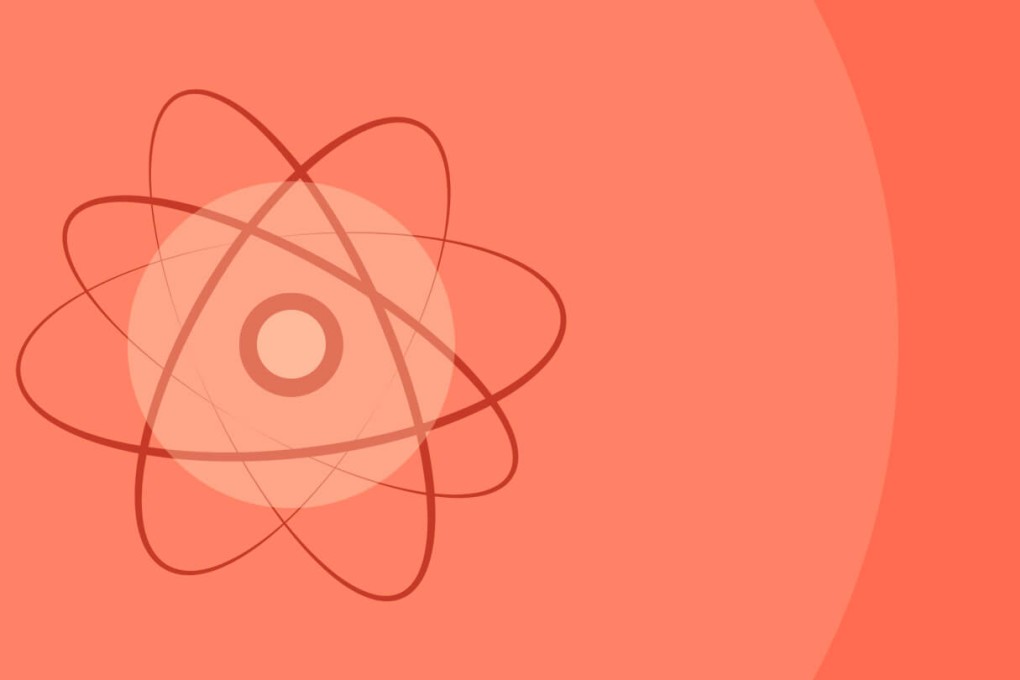Advertisement
The quest for quantum supremacy
Baidu joins the race to build a quantum computer
Reading Time:2 minutes
Why you can trust SCMP
0

This article originally appeared on ABACUS
The competition in quantum computing is heating up: Baidu is the latest tech giant to join Google, IBM and others to create computers that promise to be much faster and more powerful that what we use today.
Here’s what makes quantum computers different. While traditional computers store data in bits with a value of either 0 or 1, quantum computers use what’s called qubits. Like Schrödinger's cat, a qubit can exist in two states at once. In other words, a qubit can can be 0, 1 or both!
Right now, quantum computing is still in the experimental stage. The holy grail is to achieve what’s known as “quantum supremacy”: A quantum computer that can outperform a conventional computer in a specific task.
Google seems to be ahead of everyone else. This week, it announced a 72-qubit quantum computer called Bristlecone, just four months after IBM introduced a 50-qubit one that it showed off at CES this year. Google believes its version can ultimately reach quantum supremacy.

Before you get your hopes up, most of us won’t be using a personal quantum computer any time soon. But that doesn’t mean the next generation of computing won’t affect our lives. One thing researchers are worried about? Quantum hacking.
Advertisement